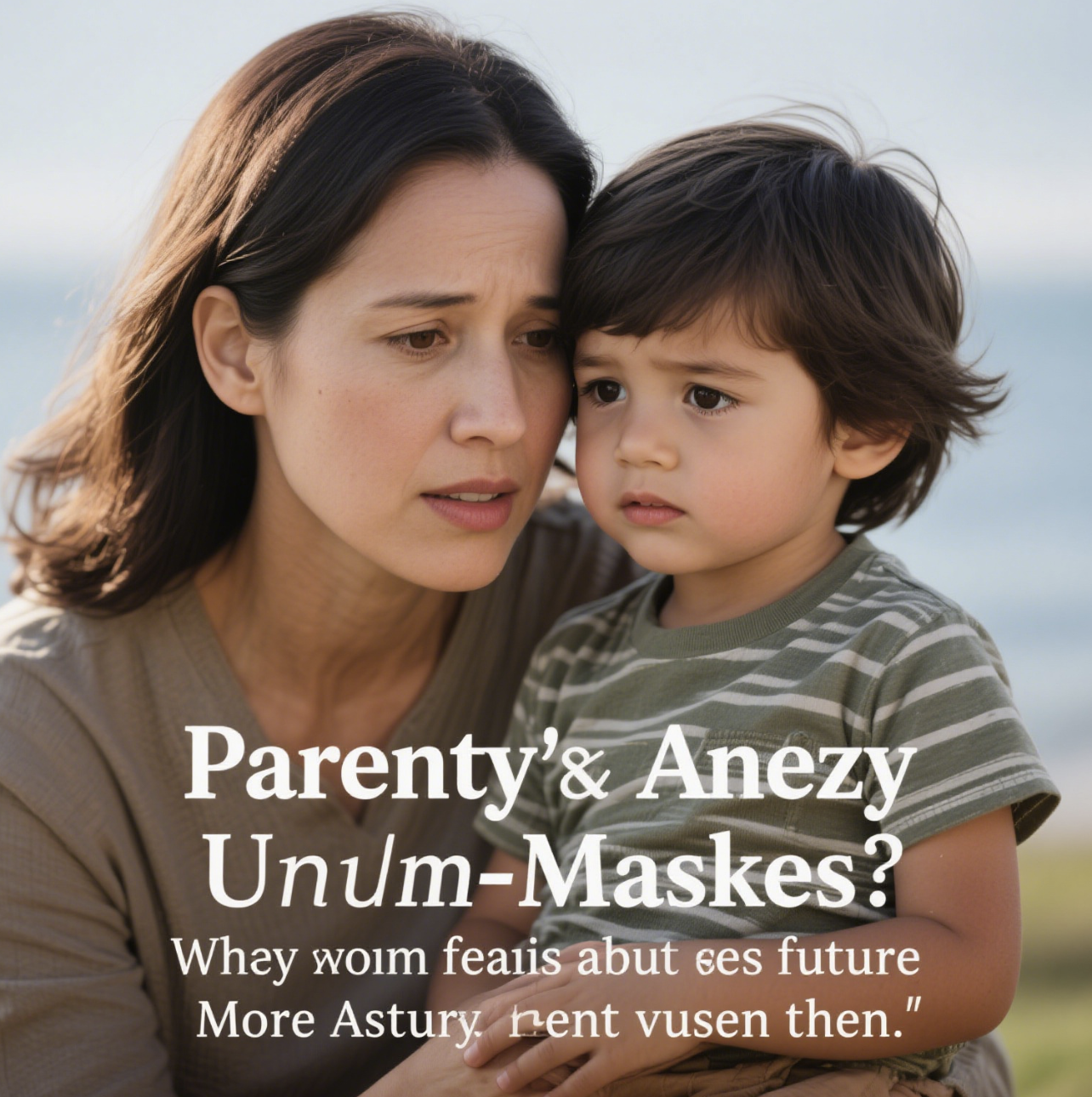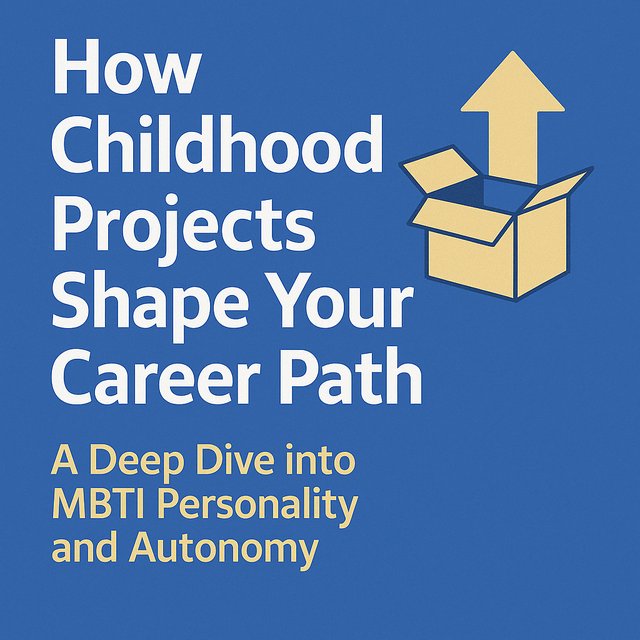Parental Anxiety Unmasked: Why Your Fears About Your Child’s Future Are More About You Than Them

Parenting is often described as one of life’s most rewarding journeys, but for many, it’s also a relentless source of anxiety. From health scares to academic performance, career prospects to emotional well-being, modern parents seem to carry an ever-growing list of worries about their children. Yet, what if these anxieties say less about the child’s future and more about the parent’s own unresolved fears?
The Myth of the “Perfect Parent”
Let’s start with an uncomfortable truth: most parents are average. They weren’t the top students, the most charismatic leaders, or the picture-perfect role models. They stumbled, learned, and eventually found their way—just like their children will. Yet, somewhere along the line, society began equating parenting with perfection, as if raising a child requires flawless execution. This unrealistic standard fuels anxiety, turning ordinary concerns into overwhelming dread.
Consider this: How much of your anxiety stems from your own experiences? Did your parents’ worries shape your success, or did you grow despite them? Many of today’s parents were raised in eras with far less hands-on guidance—fewer tutors, fewer therapists, fewer extracurriculars—and yet, they turned out fine. So why the sudden belief that children can’t thrive without constant intervention?
The Projection Problem
At its core, excessive parental anxiety is often a form of projection. The world feels more unpredictable than ever—economic instability, rapid technological change, and societal shifts create a backdrop of uncertainty. Rather than confronting these fears directly, parents unconsciously transfer them onto their children. By fixating on their child’s future, they avoid grappling with their own insecurities about an unpredictable world.
For example, a parent who fears financial instability might obsess over their child’s career choices, pushing them toward “safe” professions. Another, haunted by social rejection, might micromanage their child’s friendships. These behaviors aren’t really about the child; they’re about the parent’s unprocessed fears.
The Cost of Over-Anxiety
This dynamic isn’t just unfair—it’s counterproductive. Children raised under constant scrutiny often develop heightened stress, perfectionism, or rebellion. They internalize the message that the world is too dangerous to navigate alone, stifling independence. Meanwhile, parents miss opportunities to address their own growth, perpetuating a cycle of anxiety across generations.
A Healthier Approach
Breaking this cycle starts with self-awareness. Here’s how:
Separate Your Fears from Their Reality
Ask yourself: Is this worry based on my child’s actual needs, or my own unresolved issues? Journaling or discussing with a partner can help clarify motivations.
Embrace “Good Enough” Parenting
Children don’t need perfection—they need resilience. Allow them to face small failures and learn problem-solving. Your role is to support, not control.
Focus on Your Growth
Anxiety diminishes when you reclaim agency over your life. Pursue hobbies, career goals, or therapy to address personal fears. A fulfilled parent models confidence for their child.
Trust the Process
Reflect on your own journey. You likely succeeded (or adapted) despite imperfections in your upbringing. Your child will, too.The Bigger Picture
The irony of parental anxiety is that it often overlooks the very traits that ensure a child’s success: adaptability, curiosity, and emotional resilience. These aren’t cultivated through relentless pressure but through trust and space.
So, the next time anxiety strikes, pause. Ask whether you’re preparing your child for the world—or protecting yourself from it. The healthiest gift you can offer isn’t a worry-free path, but the confidence to navigate life’s inevitable twists. After all, if “average” parents raised you well enough to thrive, why wouldn’t your child?
By shifting focus from controlling outcomes to fostering growth—in both yourself and your child—you’ll find that anxiety loses its grip. And that’s a lesson worth passing on.




